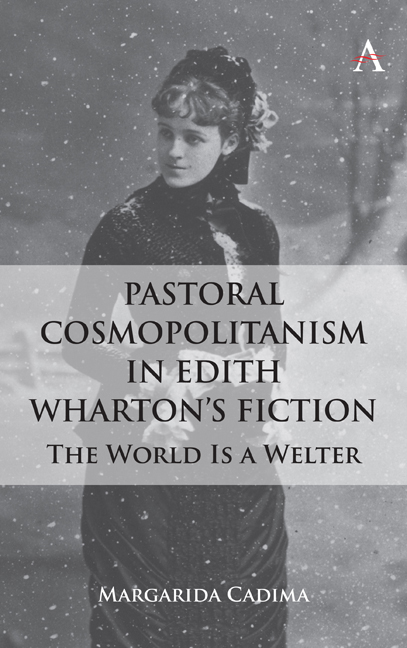Chapter 8 - Rural Americana and the “New World” Mountains
Published online by Cambridge University Press: 28 February 2024
Summary
Wharton's perception and relation to the mountain phenomena of her “homeland” differs markedly from her aesthetic engagement with Alpine topography. Sharon Dean notes how Wharton “preferred the rises and dips and curves against a backdrop of hills to the overpowering quality of mountains made visible in so many paintings and illustrations of America's western landscapes.” This is, however, a rather reductive view. It buttresses the stereotype of Wharton as a haughty cosmopolite who is far too genteel for North American soil, its rustic communities, earthy manners and idioms—an image that situates her as an advocate of James Fenimore Cooper's thesis that “any well-delineated view of a high-class Swiss scene, must at once convince even the most provincial mind among us that nothing of the sort is to be found in America, east of the Rocky Mountains.” In fact, Wharton's depictions of summits and ridges in the “New World” are dynamic, nuanced and highly variegated. A brief description of the landscapes of the American West, as in “The Journey,” is relevant here: “The train was rushing through a region of bare hillocks huddled against a lifeless sky. It looked like the first day of creation.” The stillness of this barren terrain is indicative of how Wharton views the American peak as a locus of unexplored possibility.
Wharton's rural New England narratives evoke and interrogate the second way of “writing peaks” that Leslie Stephen articulates in “The Regrets of a Mountaineer”—what he terms “the sporting view of the mountains.” He records how such authors “affect something like cynicism; they mix descriptions of scenery with allusions to fleas or to bitter beer.” Wharton's myriad accounts of the “New World” peaks often partake of this “cynical” element, incorporating the ornate yet ominous lexis synonymous with an “Old World” fin de siècle stylistic register. Nevertheless, it is not for the reasons Stephen alludes to: “they humbly try to amuse us because they can't strike us with awe.” Wharton's European texts furnish various expressions of “awe.” The New England narratives meanwhile reveal a different rhetorical and affective lexicon to portray these lofty landforms.
- Type
- Chapter
- Information
- Pastoral Cosmopolitanism in Edith Wharton's FictionThe World is a Welter, pp. 95 - 112Publisher: Anthem PressPrint publication year: 2023

